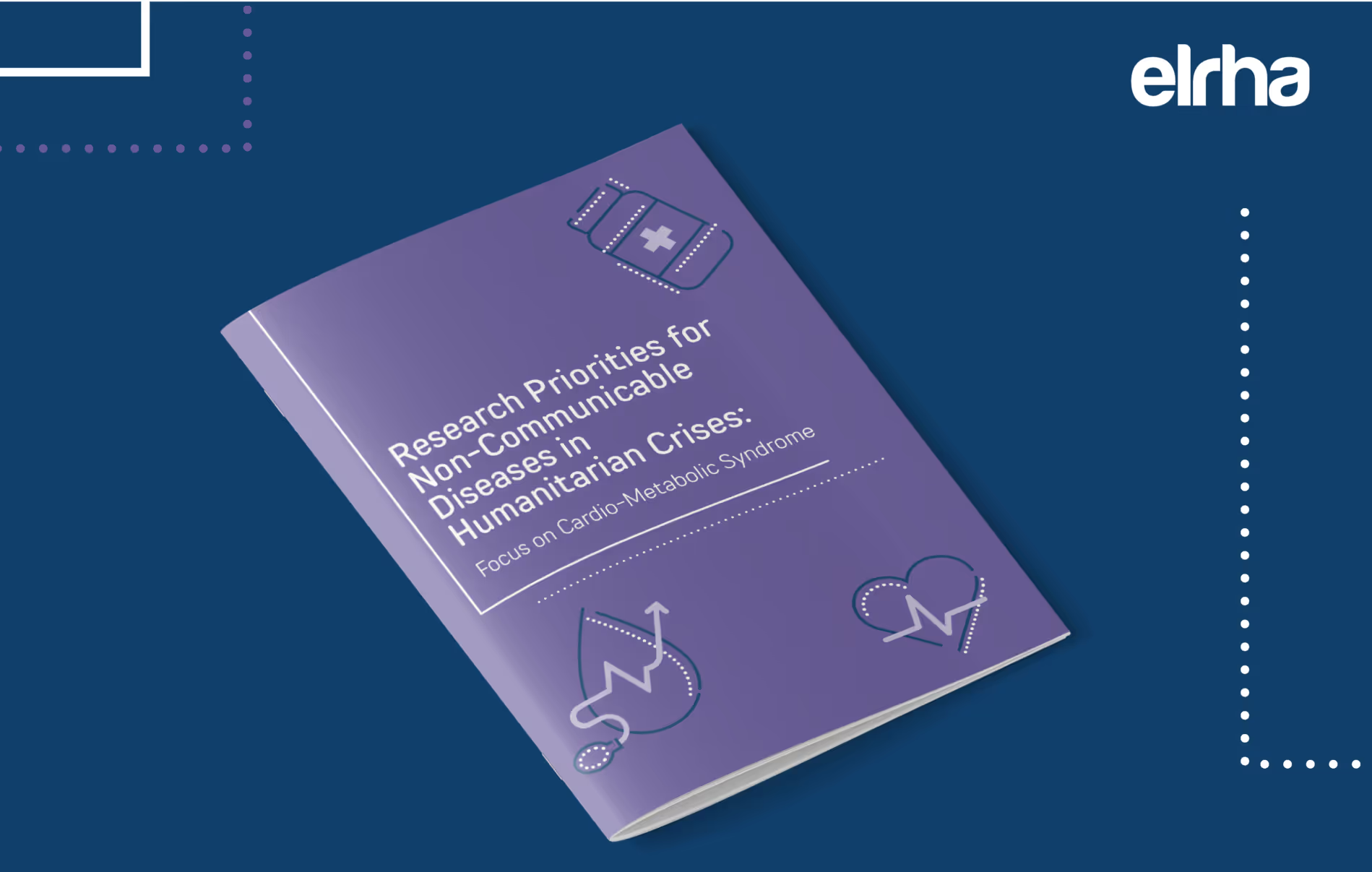Research Priorities for Non-Communicable Diseases in Humanitarian Crises

Overview
Non-communicable diseases (NCDs) pose a significant threat to the health and well-being of populations affected by humanitarian crises. Globally, factors such as ageing populations, increased life expectancy, and lifestyle factors have shifted the disease landscape, leading to a rise in the prevalence of NCDs. These diseases now account for 74% of global mortality, with even higher proportions in countries experiencing crises, - 92% in Ukraine and 75% in the Syrian Arab Republic. Conditions like cardiovascular diseases and diabetes exacerbate existing vulnerabilities and place additional strain on already overburdened healthcare systems.
Despite their prevalence, NCDs have historically received limited attention in humanitarian response efforts. The need for humanitarian responses to address NCD-related health issues is becoming increasingly evident, alongside the focus on preventing and managing communicable diseases, which has traditionally been the primary focus of many health responses. The provision of NCD care has expanded, with Ministries of Health and implementing organisations implementing NCD surveillance, prevention, diagnosis, management, and treatment in crisis settings.
However, health actors need more evidence on what works to address the burden of NCDs in crisis settings to help make informed decisions and improve health outcomes.
Elrha’s 2021 Humanitarian Health Evidence Review identified that while there is increasing research on NCD interventions in crises, critical gaps remain. To systematically identify these Elrha commissioned an expert team from the International Rescue Committee and the American University of Beirut. Supported by technical experts from the NCDs community of practice, the team applied the established Child Health and Nutrition Research Initiative (CHNRI) methodology to set the research agenda for the next ten years. Given the wide-ranging nature of NCDs, this research prioritisation focuses on Cardio-Metabolic Syndrome (CMS), a cluster of conditions that increase the risk of heart disease, stroke and type 2 diabetes.
Data visualisation
This data visualisation presents the 43 priority questions for cardio-metabolic syndrome research in humanitarian settings, following a multi-stage consultation with NCDs researchers, practitioners, and policymakers. The questions can be reordered by professional group, gender, or region of work using the below filters.